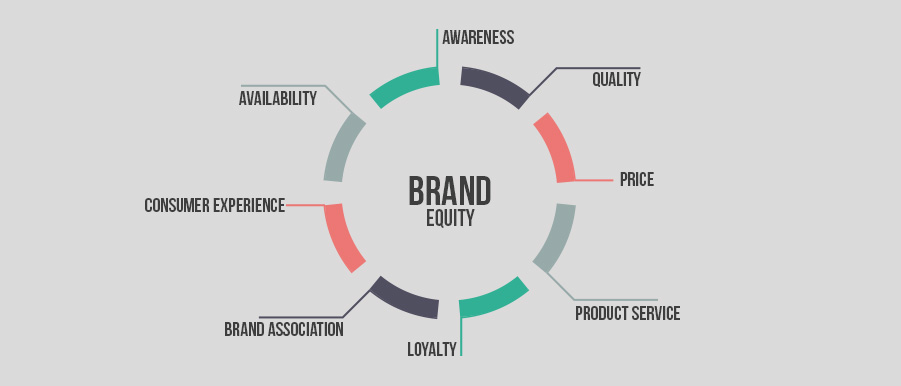
This is related to the concept of perception. For example, one person sees a Cadillac as a mark of achievement another sees it as ostentatious. People have different interpretations of things around them. The brands you identify with are closely related to your self-concepts including your purchases of automobiles, appliances, furnishings, leisure products, clothing, etc. We are paying attention to self-concept because these two self "images" are reflected in the products/services a person buys. The ideal self describes how people would like to see themselves. The actual self refers to how people actually see themselves. People have an actual self-concept and an ideal self-concept. Self-concept is the way people see themselves and the way they believe others see them. These personality characteristics are often revealed in a person's self-concept. For instance, Canadians are cautious about purchasing without examining the item first. Analysis by experts suggests that residents of different countries have a national character where they share a set of common characteristics. Research suggests that compliant people prefer known brand names and use more mouthwash and toilet soaps whereas aggressive types use razors not electric shavers and apply more cologne and aftershave lotions. Marketers are interested in purchase decisions made by specific personality types. There are many personality types identified including: Module 3-Week 12: Advertising, Sales Promotions, Public Relations, and Green Washing.Module 3-Week 11: Developing Promotional Mix.Module 3-Week 10: Marketing Channels and Supply Chains.Module 2-Week 7: New Product Development, Product Life Cycle, and Branding.

Module 2-Week 6: Target Market Selection.Module 1-Week 1: Introduction to Marketing.Course Description and Learning Outcomes.


 0 kommentar(er)
0 kommentar(er)
